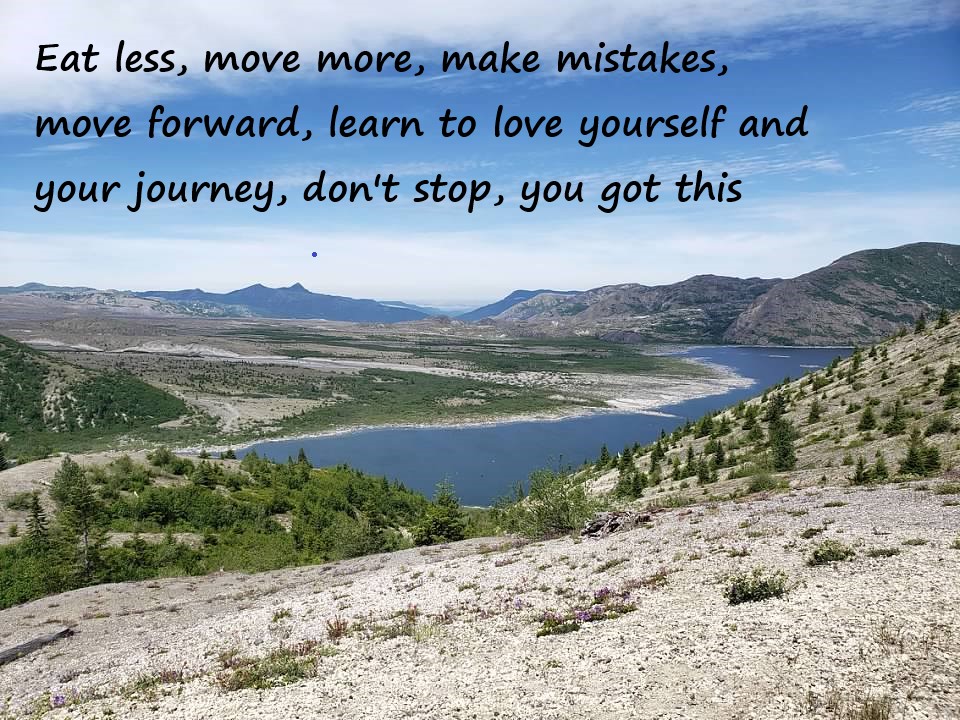Looking back over the course of my 40 something years, I have learned a few things. One of the things I wish I had done sooner was seek counseling or therapy for my obesity and weight management. I started dieting when I was 12 years old and I cannot remember a time when I was not on a diet.
In my 20’s I remember looking at pictures of myself at age 12 and realizing I was not really that overweight. I can remember being teased about my weight since the second grade. My mother, God Bless her, sewed me a dress made from brown corduroy and it had a matching bunny in the pocket. The first day I wore it to school, I was called names on the playground. I think it was less about the outfit, but being the young age I was somehow thought the outfit made it worse.
The benefit for some in getting therapy is to discuss any situations or trauma that might have impacted a persons weight. It might help determine what is a genetic component vs behavioral and when to seek additional treatment. One of the first questions my psychologist asked me was if I thought a trauma or event triggered my overeating at a young age. She said it was important that this be addressed in order to move forward. I was surprised when I burst into tears during a session with my psychologist.
Here is a link to the American Psychological Association about benefits of counseling and therapy for weight management. https://www.apa.org/helpcenter/weight-control
This is a subject I could write on all day. I would recommend if this is something you might benefit from to do some further research. I wrote a paper in college on one form of therapy called cognitive behavioral therapy. I went to the John Hopkins website and found an article that discusses the benefits of this type of therapy for weight management. Here is the link: https://www.hopkinsmedicine.org/health/treatment-tests-and-therapies/intensive-behavioral-therapy-for-obesity
Do some research, talk to a counselor or a clinician to find out if this is something you might benefit from. I chose the John Hopkins link because they have been around many years and have a good reputation. The company I work for partnered with John Hopkins on a project to address obesity and I participated in the project. My BMI qualified me and so I signed up. This involved lifestyle changes through exercise and calorie reduction with a focus on higher protein diets and less fat. I received access to a lifestyle coach I spoke to on the phone. I lost over 24 pounds and kept it off for a while.
As you all know I’ve shared that over the years I was able to control my weight off and on. After my early 40’s though I felt like my diabetes, PCOS, and some other conditions were out of control and losing weight through dieting alone was not working for me. I therefore reached out to explore bariatric surgery. In that process I do have access to a psychologist and have found the sessions to be very helpful in recognizing patterns.
It’s also important to remember that even with therapy, counseling, or cognitive behavioral therapy, obesity can really be a genetic condition that you have little control over. One of the things I’ve treasured the most about my bariatric surgery team is when they told me my hormones were out of control and that my weight was not all my fault. I felt like a successful person in so many ways and then a real failure when it came to my weight. I do highly believe in therapy for many reasons and to help manage weight at the same time as I do recognize that therapy may just be a starting point. Cognitive behavioral therapy might not be for everyone, so finding the right counselor or therapist to point you in the right direction is important. It might help you sort out what your priorities are or suggestions to try something new or different.
Another suggestion is to check in with your primary care provider to see if they have a counselor or therapist recommendation. Some dietitians also offer types of food related counseling and might have some further recommendations for you.
The reason I wished I had done it sooner was perhaps it would have helped me create a more positive body image and then help me create new behaviors to control my weight. At this time in my life, I used it to prepare myself for my new journey and stay on that path. As people we need to feel okay and give ourselves permission to seek additional guidance and counseling. Remember this is written from my opinion, my personal journey, and from those I know in my personal life. It is always best to check in with your clinician to find out what is right for you. Well wishes to all of you on your life path and journey.
Mandy

